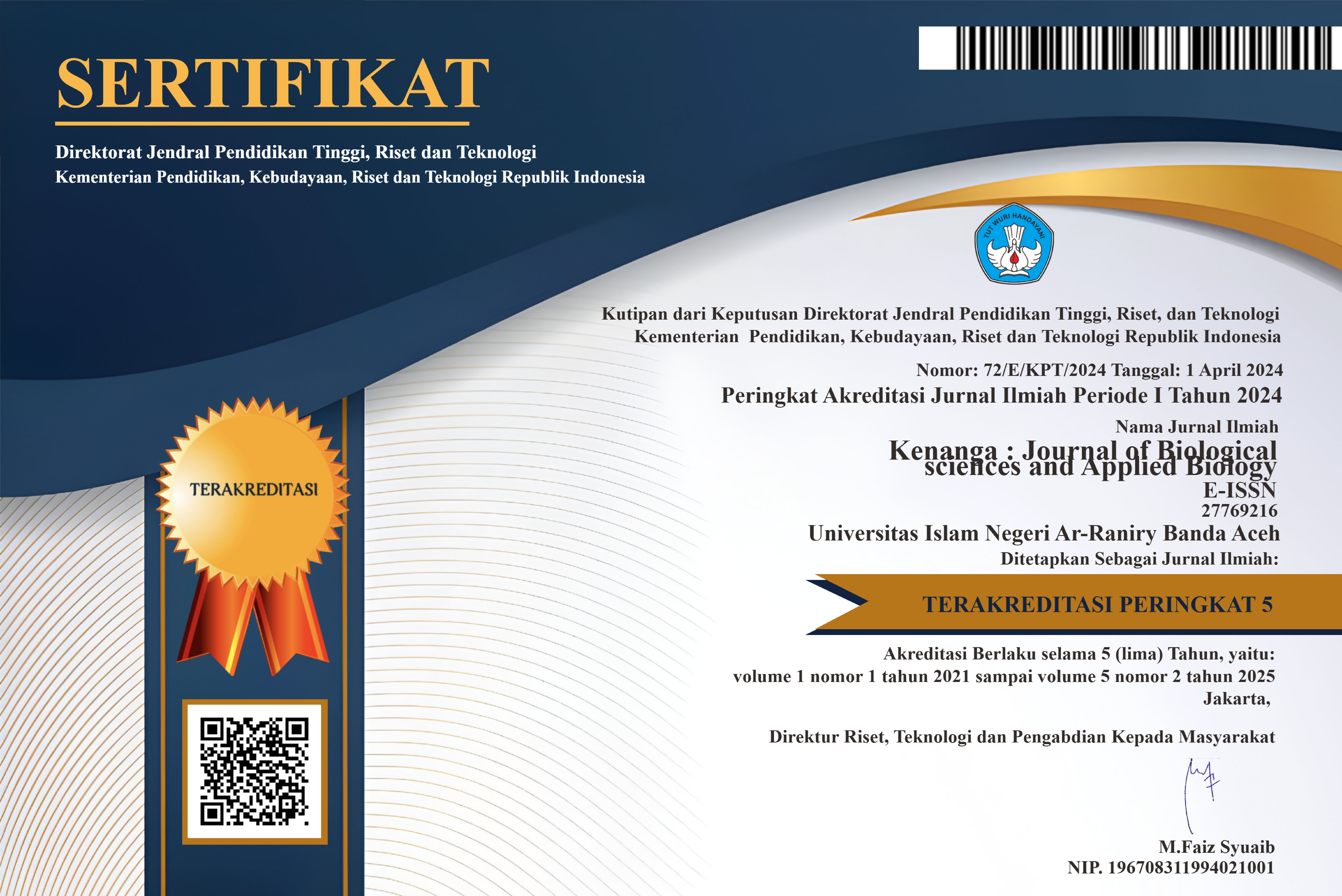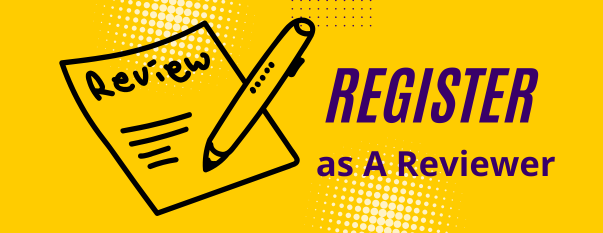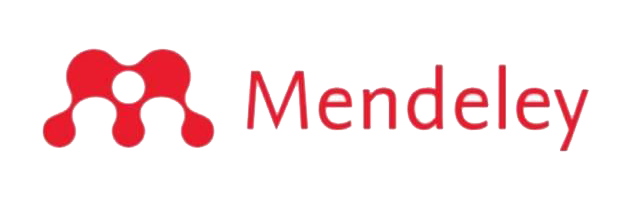LITERATURE REVIEW: KONTAMINASI PESTISIDA DI PERAIRAN INDONESIA
Keywords:
Pesticide;, Water pollution, Organochlorin, ContaminationAbstract
Water pollution is a serious problem that affects aquatic ecosystems. Pesticides are used widely in agriculture to control pests and increase crop yields. However, the use of this pesticide causes negative impacts, including water pollution. Pesticides enter the aquatic environment through surface runoff, river flows, and leaching from contaminated soil. Accumulation of ecosystems in aquatic ecosystems can disrupt ecological balance, reduce biodiversity, and potentially poison aquatic organisms. Organophosphates are the most common type of pesticide found in Indonesian waters. Research related to pollution in Indonesian waters amounted to 25 journals with the highest frequency found in 2019. Over the last ten years, research related to pesticide contamination found in waters has been reported by researchers in various regions including West Java, Jakarta, Central Java, East Java , Yogyakarta, Bali, West Sumatra, South Sumatra, North Sumatra, Lampung and Manado.


























